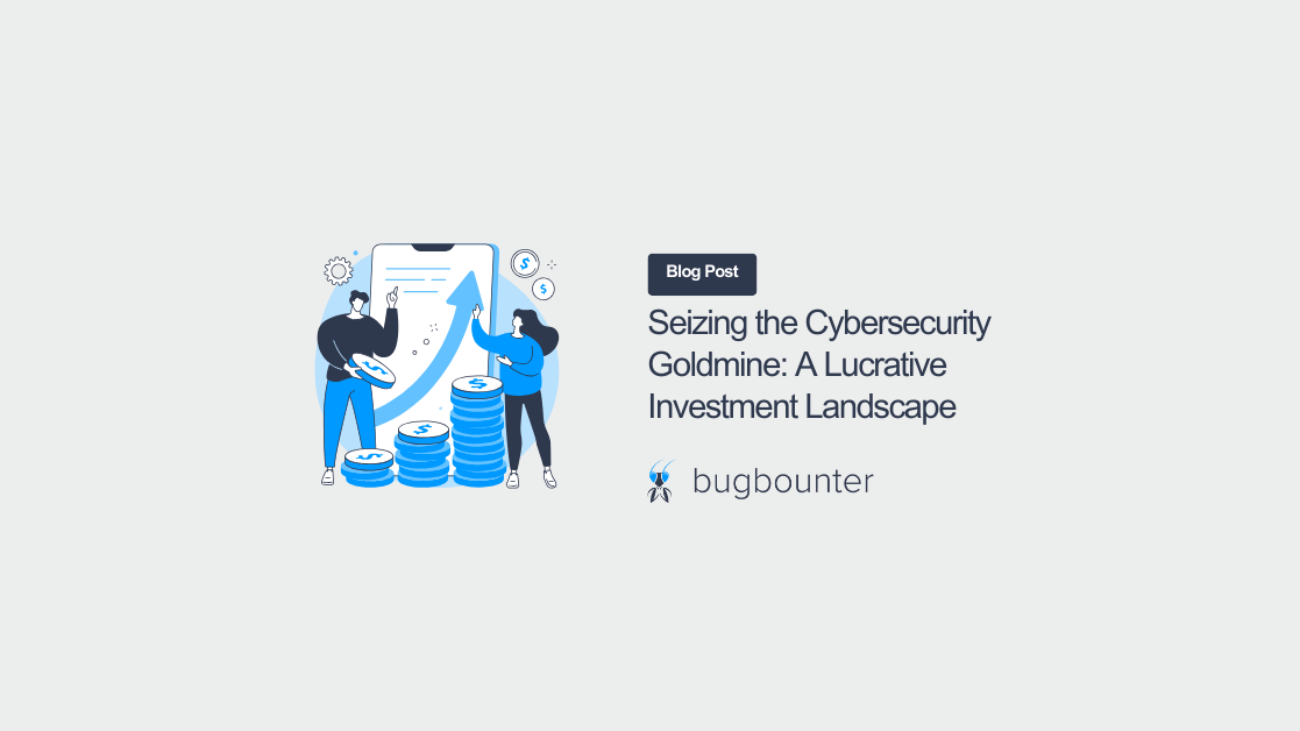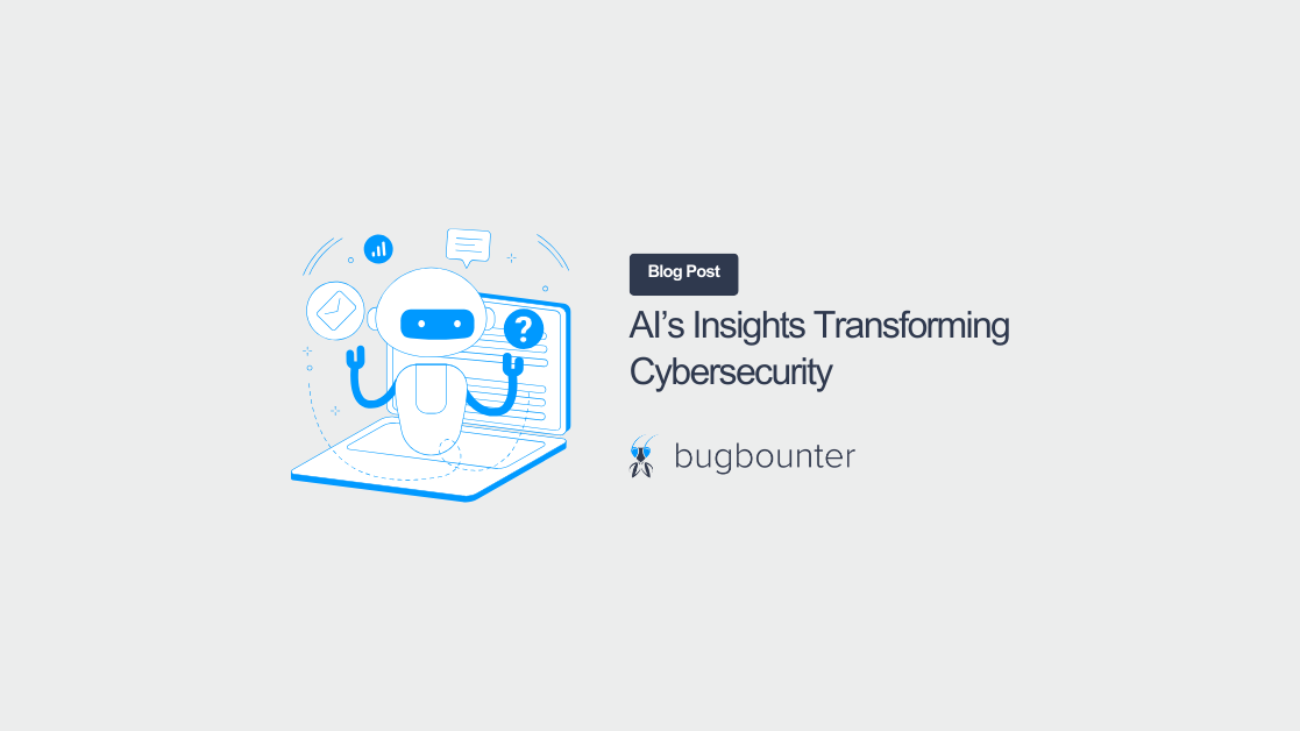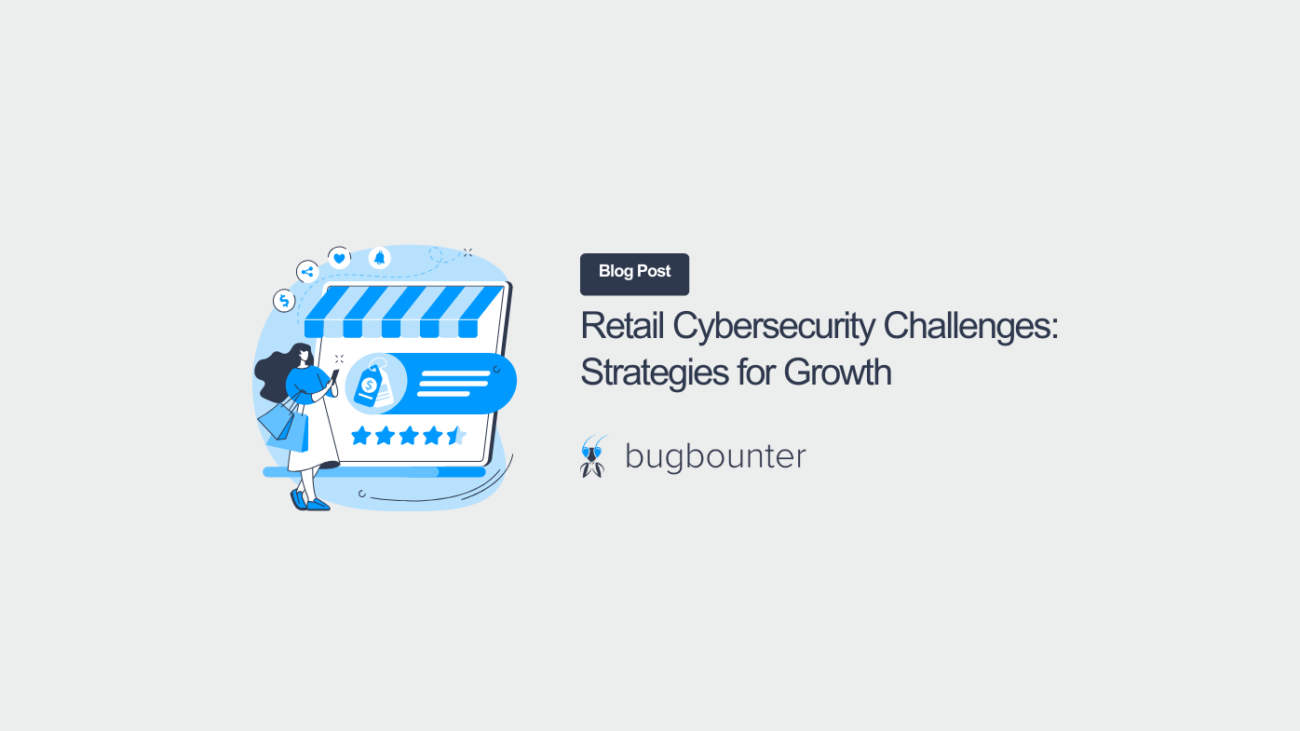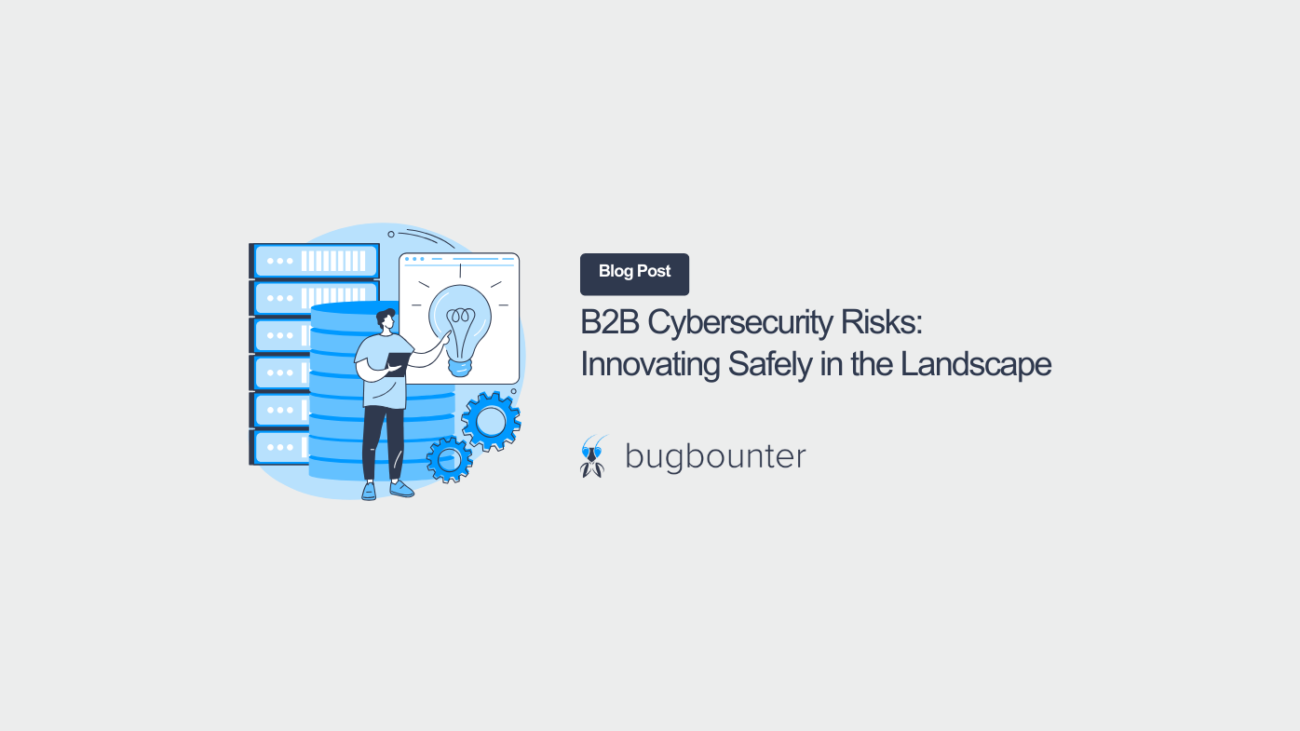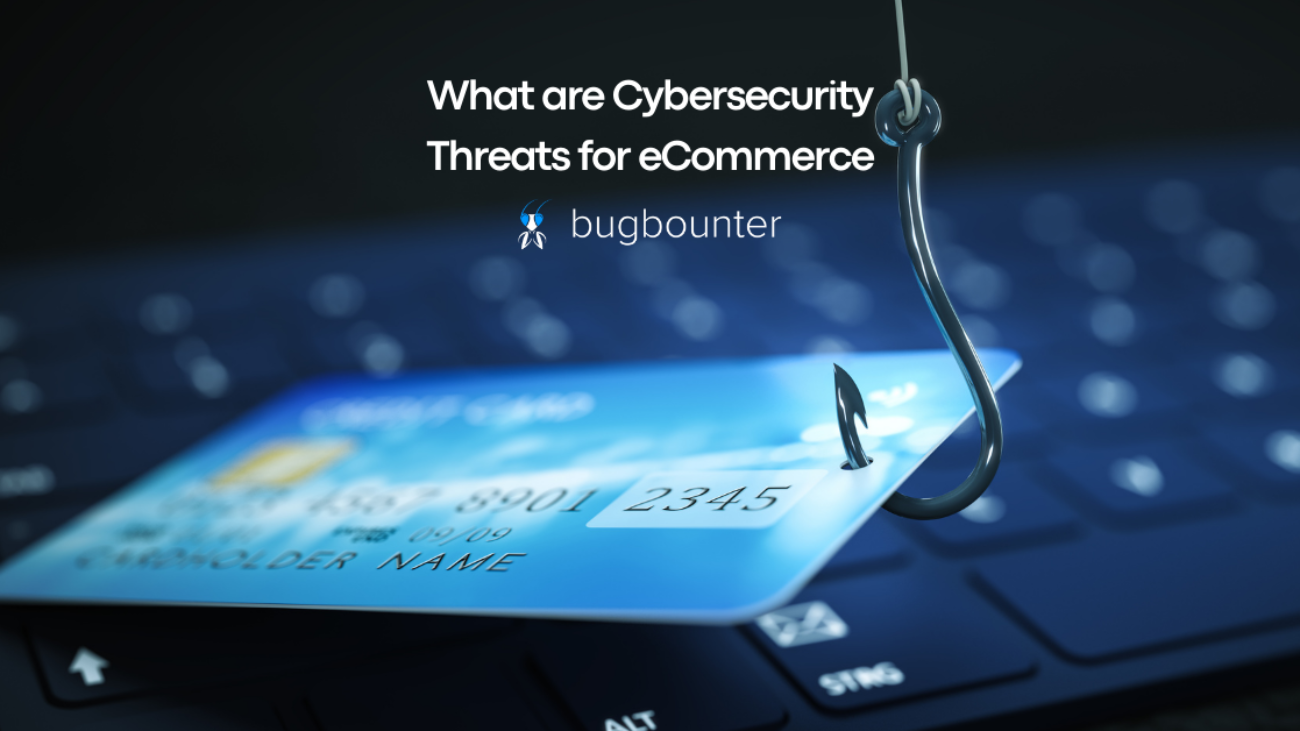Unlock lucrative opportunities in the $2 trillion cybersecurity market. Explore strategic investments, bug bounty platforms, and stay ahead in this evolving landscape.
AI’s Insights Transforming Cybersecurity
Explore the transformative impact of AI on cybersecurity. From learning algorithms to bug bounty programs, discover the future of digital defense.
Retail Cybersecurity Challenges: Strategies for Growth
Mitigate retail cybersecurity challenges with effective strategies. Learn to safeguard customer data, combat threats, and ensure sustainable growth with BugBounter.
B2B Cybersecurity Risks: Innovating Safely in the Landscape
Explore strategies for B2B cybersecurity in the digital age. From cloud security to bug bounties, discover insights to navigate risks effectively.
Bug Bounty Tips: Strengthening System Security with Virtualization
Bug bounty tip of this week is by Ernesto Aguero, a systems engineer, drone pilot, and bug bounty hunter from Argentina.
Cybersecurity Talent Gap: Navigating Challenges and Exploring Solutions
Explore strategies to bridge the cybersecurity talent gap, mitigate risks, and discover the value of bug bounty hunters in fortifying your defenses.
What are Cybersecurity Threats for eCommerce
What are Cybersecurity Threats for eCommerce? Discover the top cybersecurity threats for e-commerce in 2023 in BugBounter’s blog.
AI in Cybersecurity: Opportunities, Risks, and Solutions
Explore AI in cybersecurity: the opportunities, risks, and solution for your company’s cybersecurity. Discover how bug bounty programs enhance AI security.
Data Privacy & Ethics: Challenges and Solutions
Explore the challenges of data privacy & ethics in the cyber era. Learn how bug bounty programs and robust policies empowers your business.
Bug Bounty Tips: Business Logic and Bounty Point of View
Mustafa shares bug bounty tip on logic errors, integration points, and dynamic systems in this week’s tip. Read bug bounty tips, and uncover the success!
